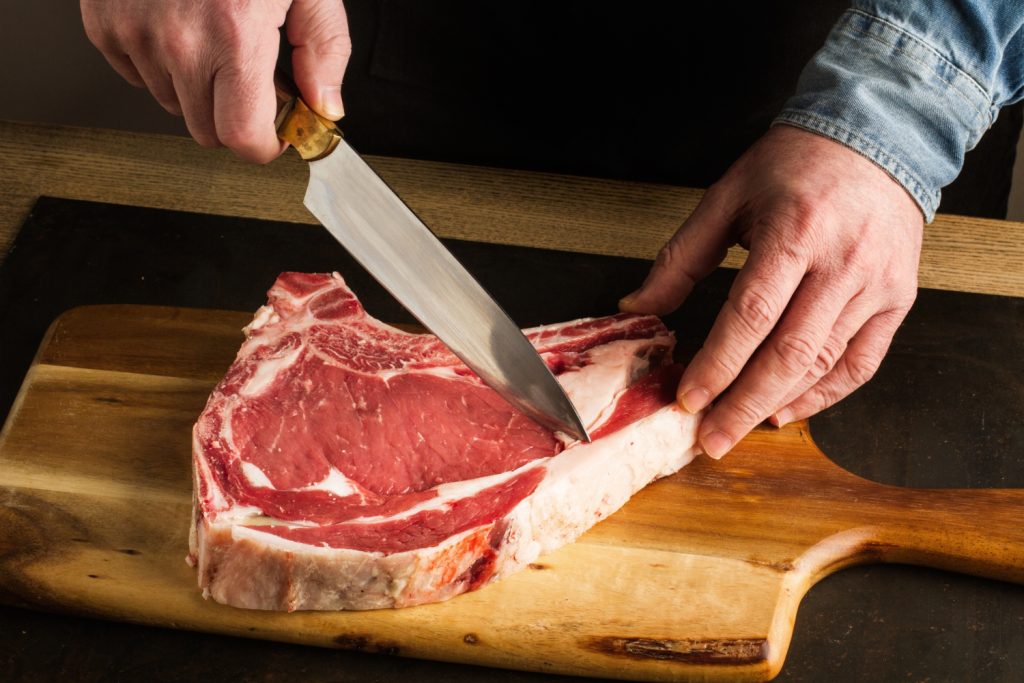The meat market is highly competitive and constantly evolving, and it is essential for companies in the industry to stay up-to-date with market trends and consumer demands. One way to increase competitiveness is through product diversification and the exportation of differentiated cuts.
Brazil is one of the world’s largest meat producers, and its beef and poultry industries have been successful in exporting products to various countries. However, in recent years, the industry has faced challenges such as increased competition and fluctuations in demand and prices.
To overcome these challenges, companies can invest in the production of differentiated cuts of meat that meet the specific demands of different markets. This can include cuts that are less common in certain countries, such as beef ribs, which are highly appreciated in the United States but not as popular in Europe.
Another strategy for increasing competitiveness is product diversification. This means expanding the range of products offered by the company, such as adding processed meat products or offering different types of meat, such as lamb or pork. By diversifying the product line, companies can reach new markets and customers with different preferences.
In addition to product diversification and the exportation of differentiated cuts, companies can also invest in marketing and branding to differentiate their products from competitors. For example, promoting the use of high-quality feed, animal welfare practices, and sustainable production methods can create a positive image for the company and attract consumers who value these aspects.
It is important for companies to work closely with their partners in the supply chain, such as farmers and meatpacking plants, to ensure the quality and consistency of the products offered. This can also help reduce costs and increase efficiency in the production process.
In conclusion, increasing competitiveness in the meat market can be achieved through product diversification and the exportation of differentiated cuts. Companies can also invest in marketing and branding to create a positive image and attract consumers who value quality, animal welfare, and sustainable production methods. By working closely with partners in the supply chain, companies can ensure the quality and consistency of their products and increase efficiency in the production process.
